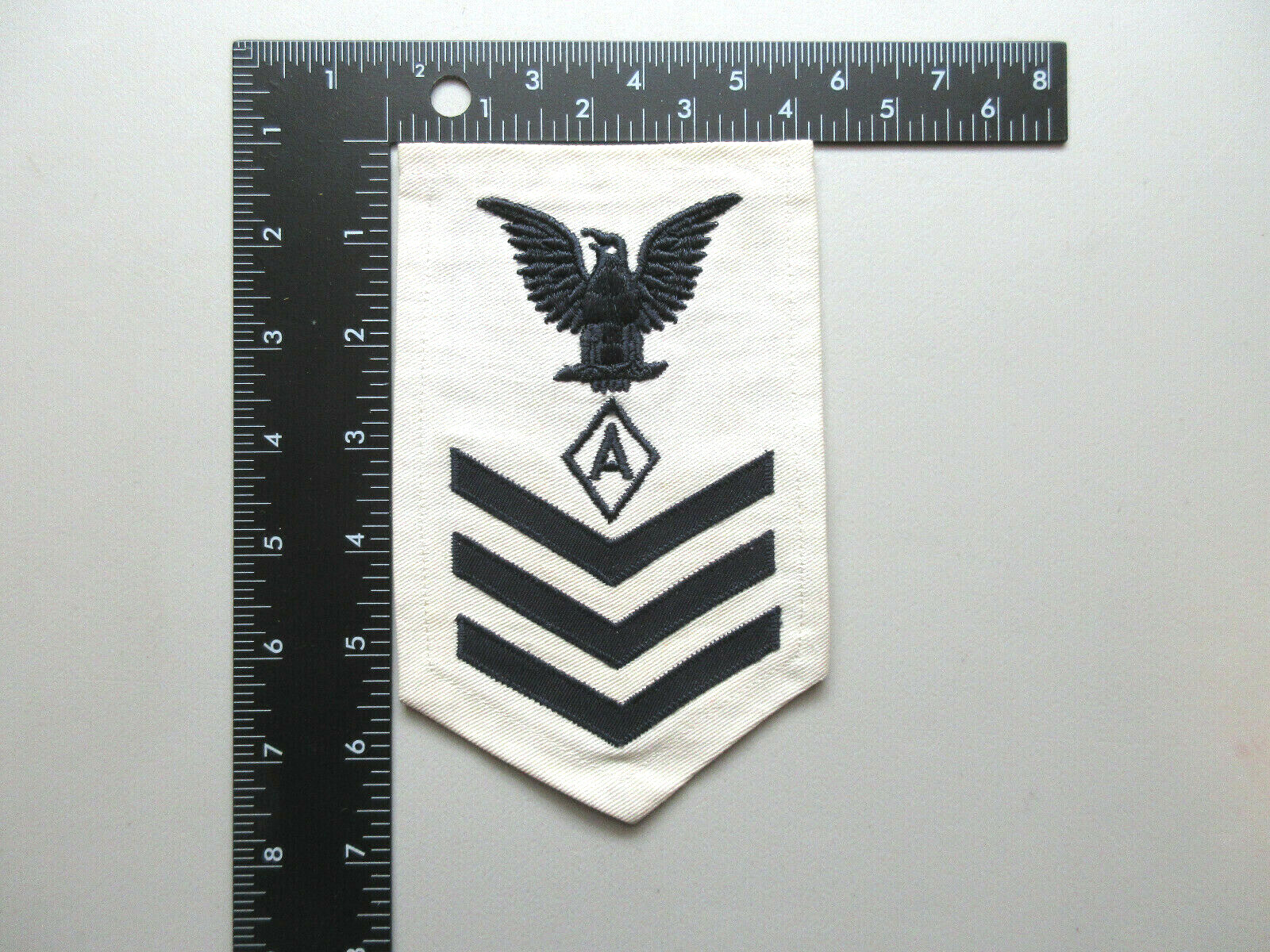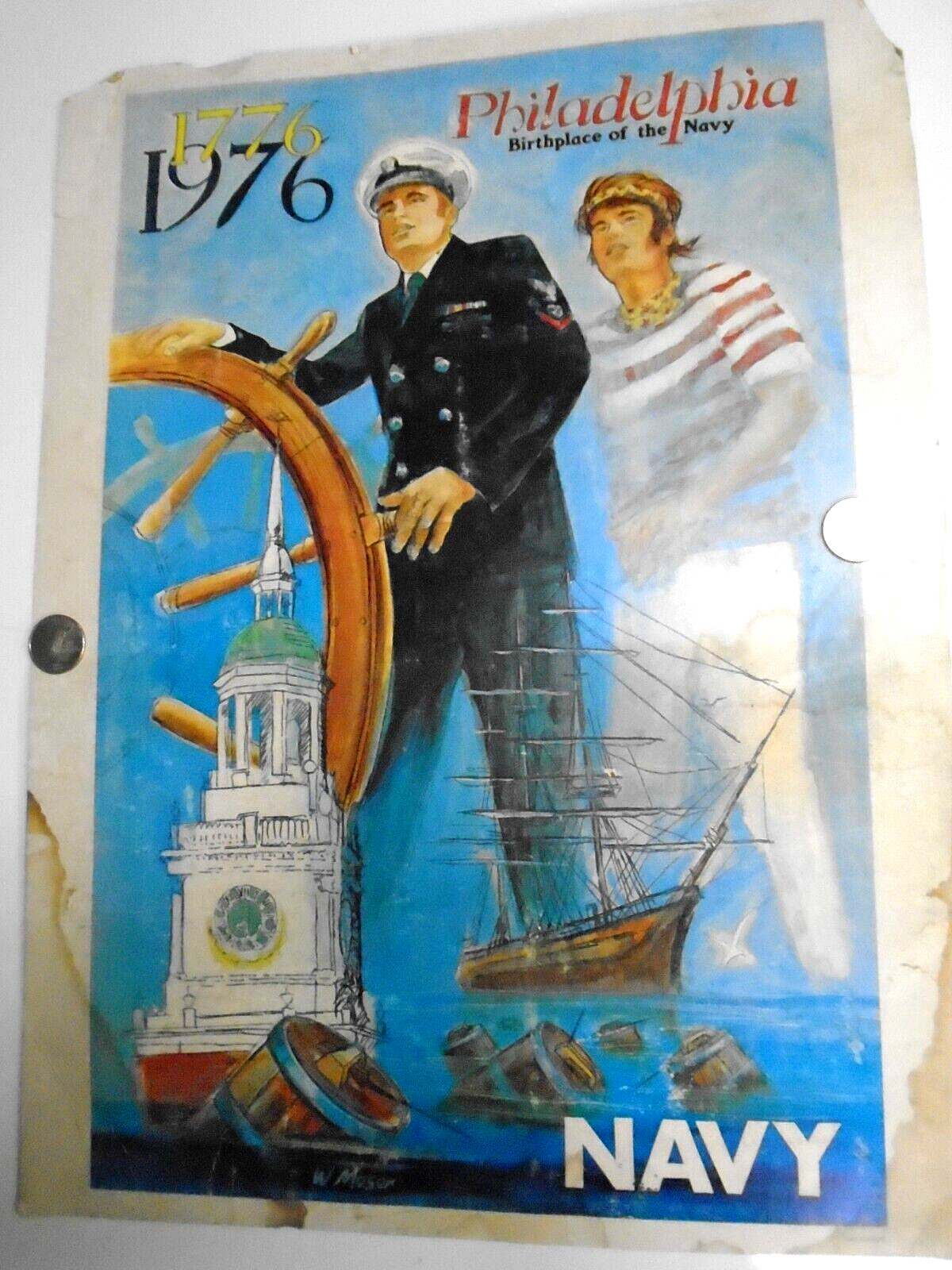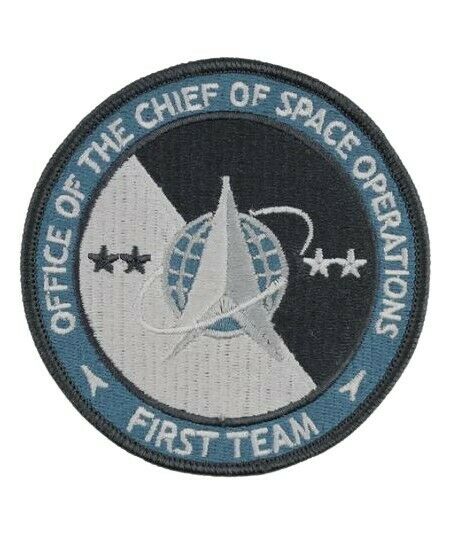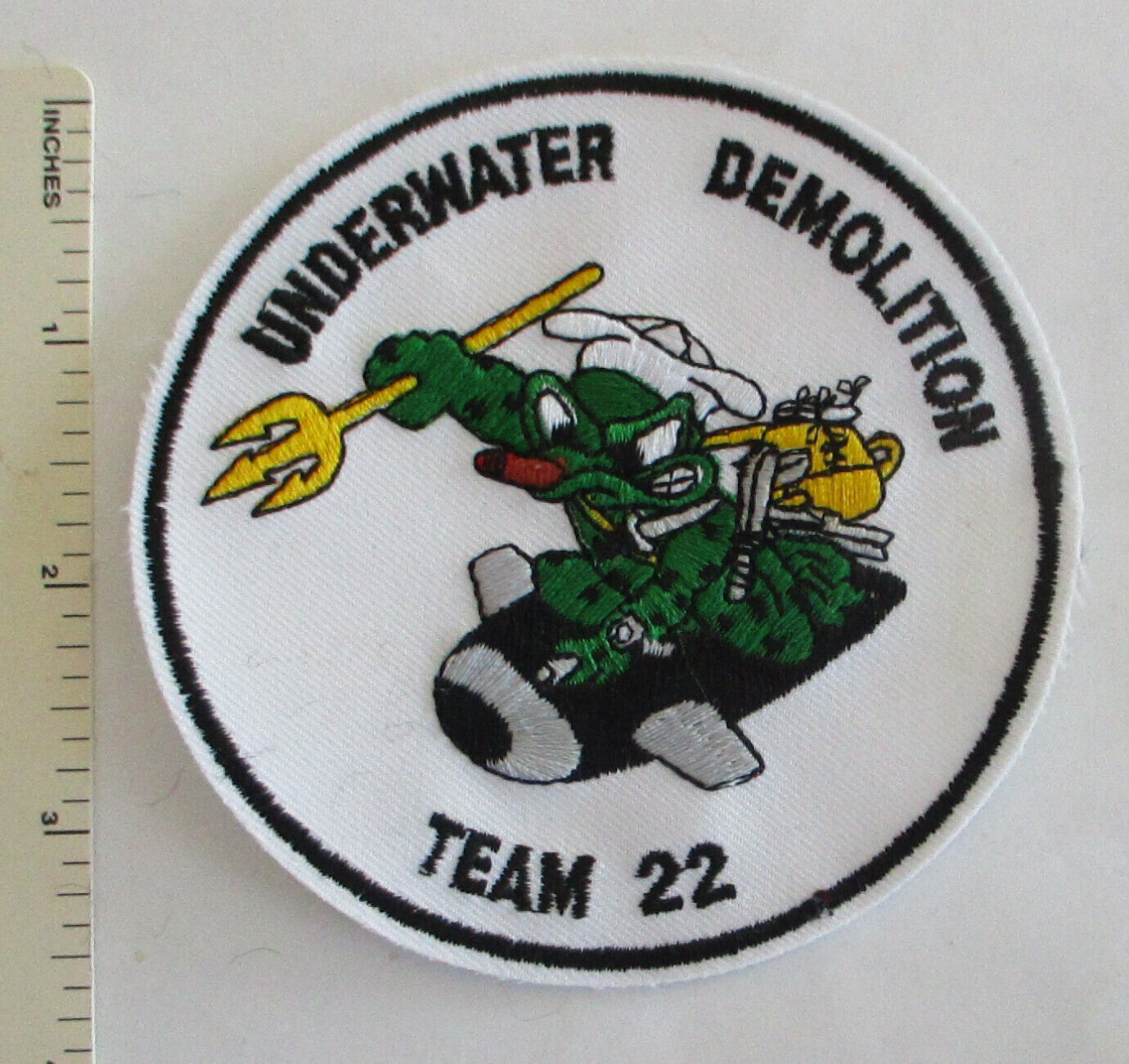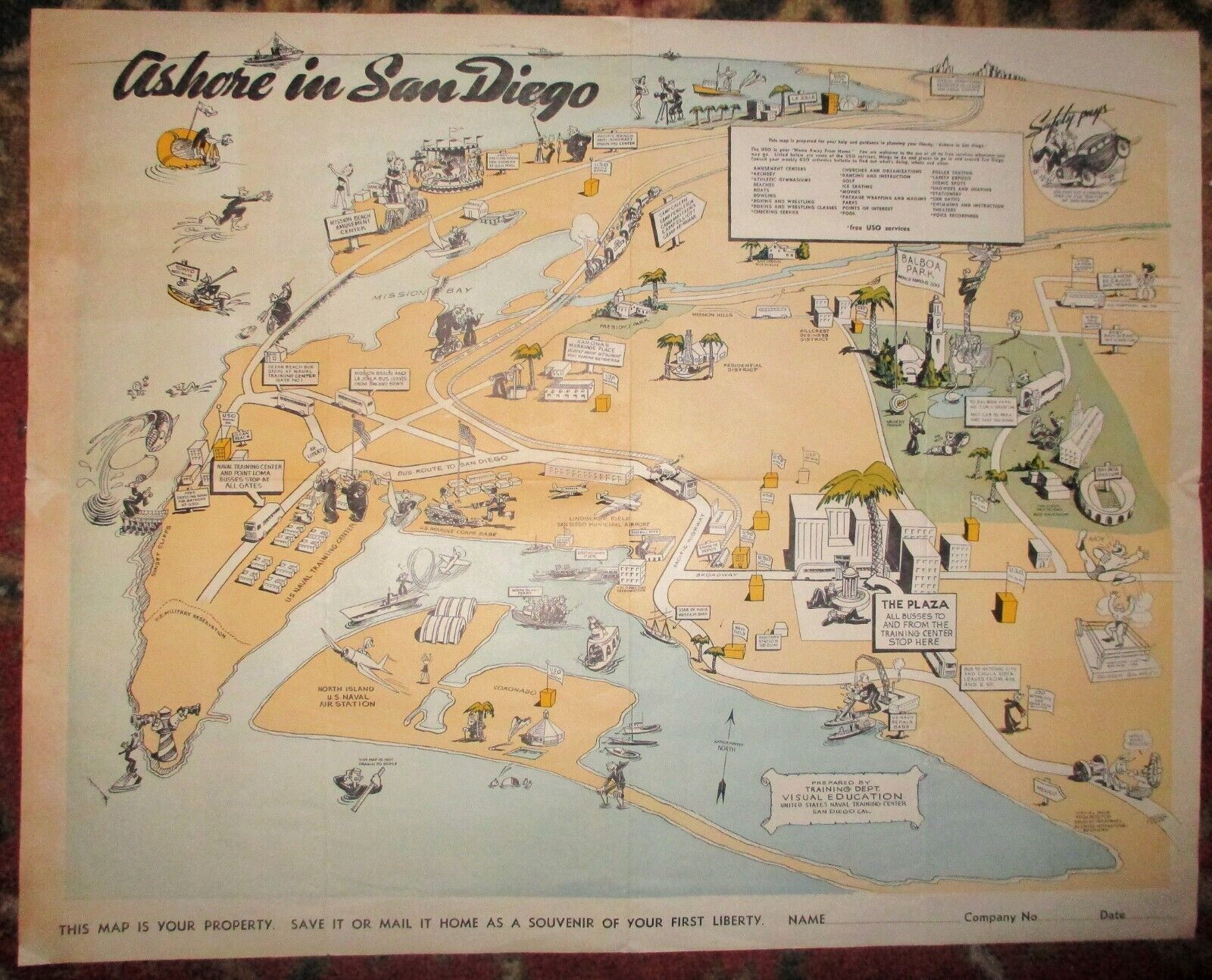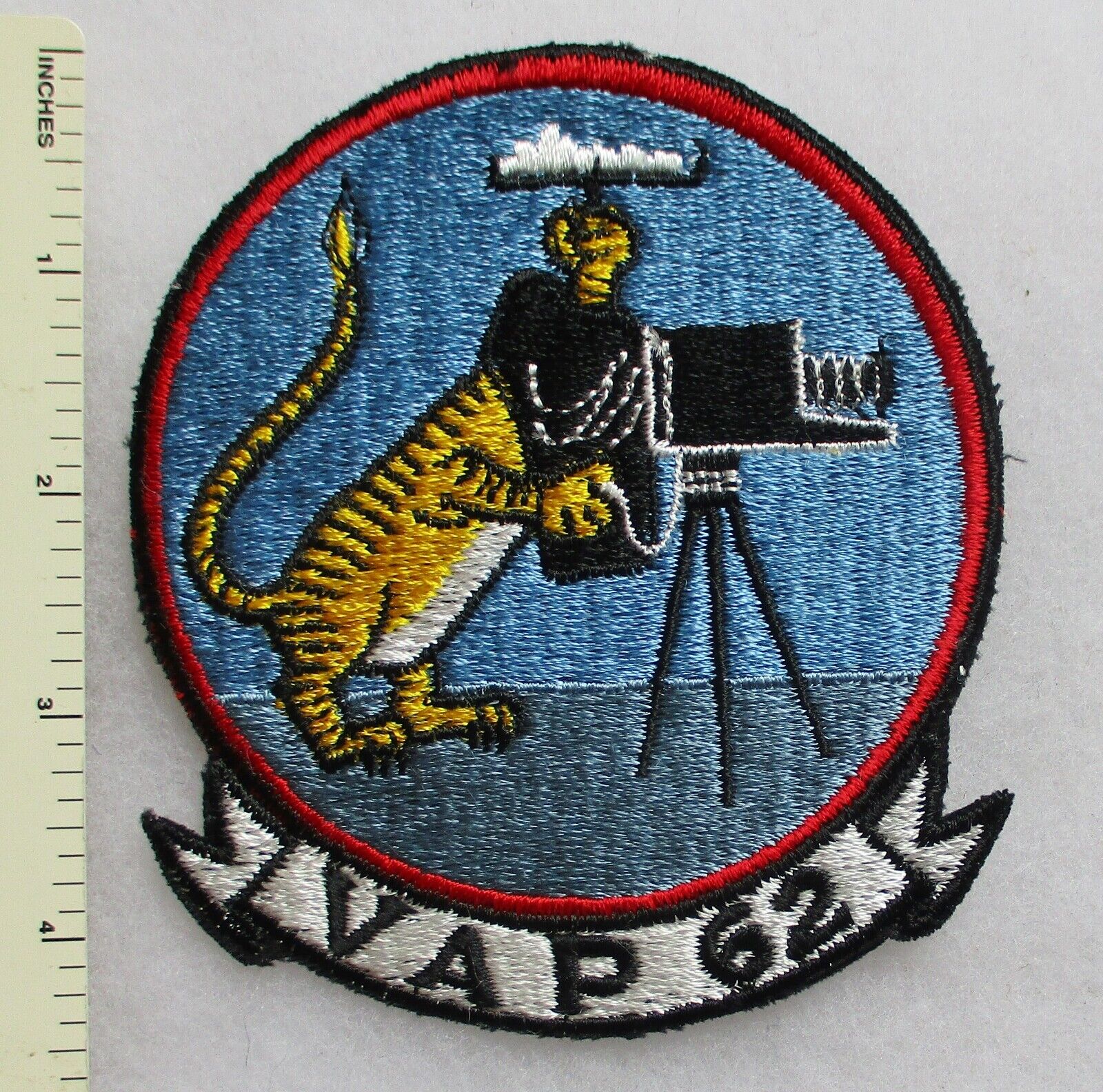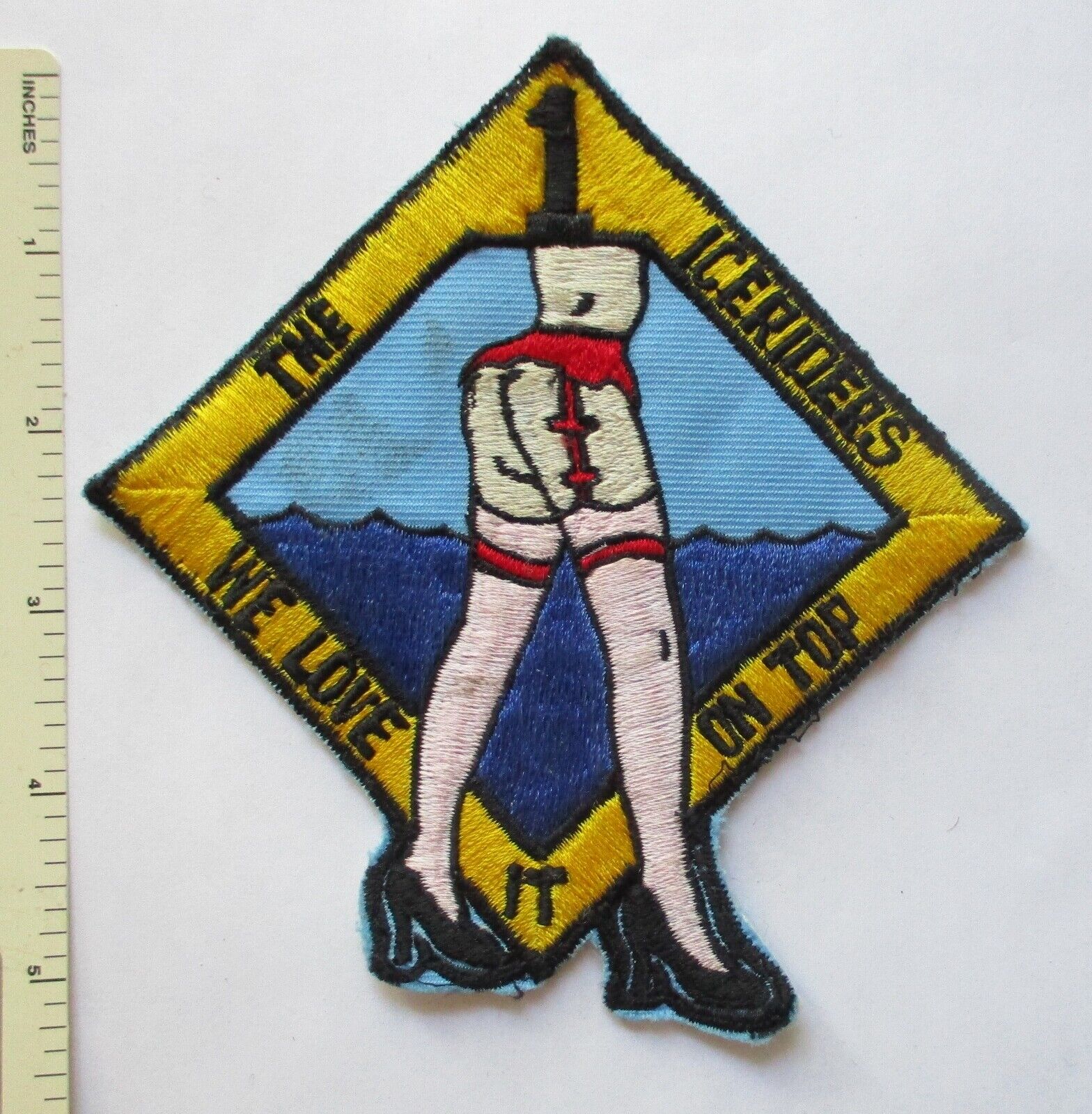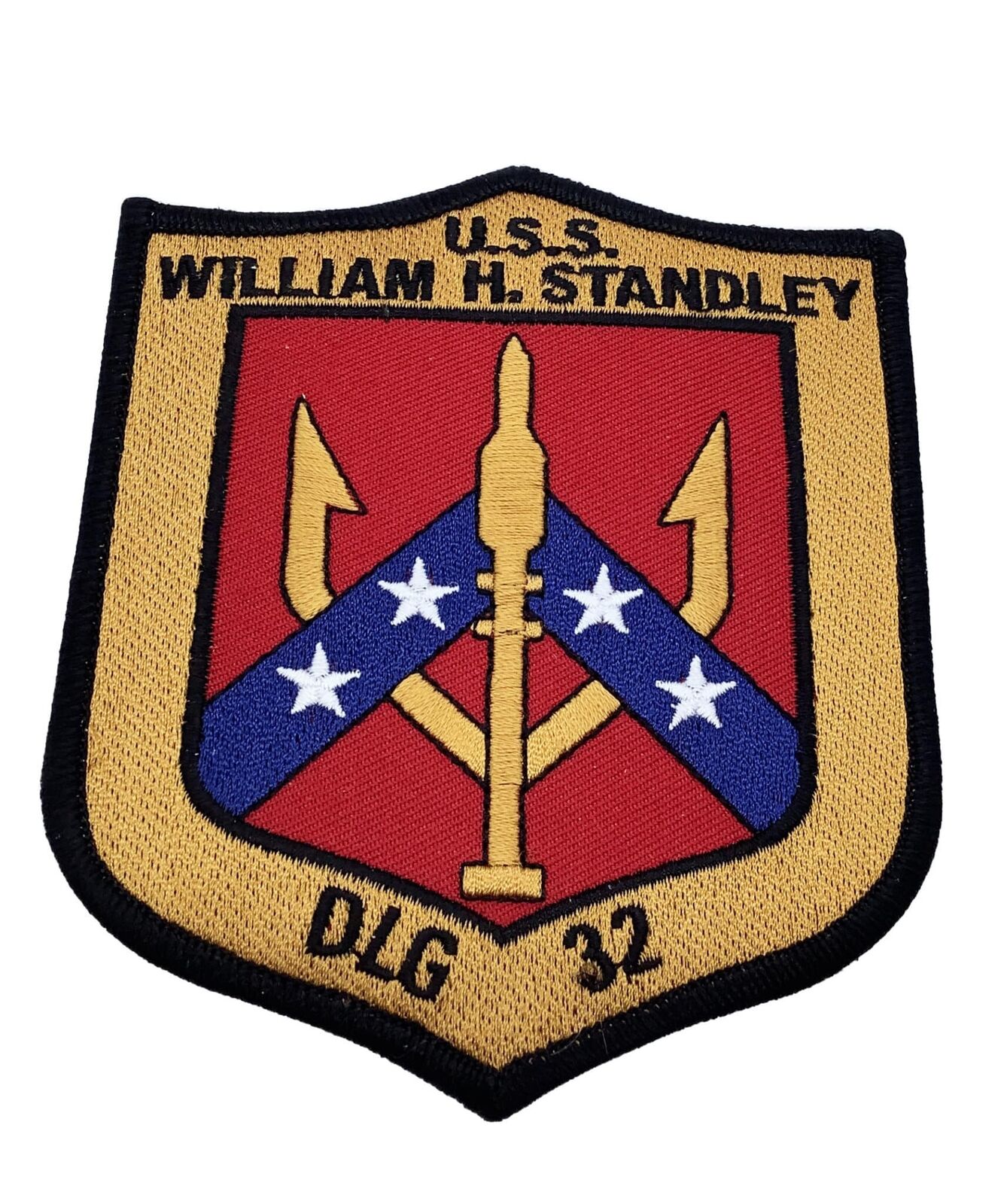-40%
USS Roosevelt CVN-71 Night Ops PVC Patch – Hook and Loop
$ 7.91
- Description
- Size Guide
Description
USS Roosevelt CVN-71 Night Ops PVC Patch – Hook and LoopUSS Roosevelt CVN-71 Night Ops PVC Patch – Hook and Loop This is a 3.5 x 2.25″ PVC patch, with hook and loop. The eyes glow in the dark USS Theodore Roosevelt (CVN-71) is the fourth Nimitz-class, nuclear-powered, aircraft carrier in the United States Navy. She is named in honor of Theodore Roosevelt, the 26th President of the United States and a proponent of naval power. She is the fourth ship named in honor of Theodore Roosevelt, three bearing his full name and a fourth with just his last name. Another three U.S. Navy ships have “Roosevelt” in their names in honor of members of the Roosevelt family. This carrier’s radio call sign is “Rough Rider”, the nickname of President Roosevelt’s volunteer cavalry unit during the Spanish–American War. She was launched in 1984, and saw her first action during Operation Desert Storm in 1991. Background Initially, President Gerald Ford cancelled the order for CVN-71 in 1976 and substituted two CVV-type medium-sized, conventional-powered carriers that were expected to operate V/STOL aircraft. The existing T-CBL design formed the basis for the new CVV, serving as a replacement for the aging Midway-class carriers, while capable of operating all existing conventional carrier aircraft. This capability to operate conventional aircraft proved important as the hoped-for supersonic V/STOL fighters did not come to fruition at the time. In any case, construction of the proposed CVV medium-sized carrier never took place.[4][5] Authorization for CVN-71 was further delayed when President Jimmy Carter vetoed the 1979 Fiscal Year Department of Defense authorization bill because of the inclusion of this Nimitz-class nuclear supercarrier in the Navy ship-building program.[5][6] As a result of the Iran hostage crisis, which required the increased deployment of U.S. carrier battle groups to the Indian Ocean, President Carter reversed his stand on Nimitz-class nuclear supercarriers, and CVN-71 was subsequently authorized under the 1980 Fiscal Year authorization bill for the U.S. Department of Defense.[6] Design and construction Theodore Roosevelt was the first aircraft carrier to be assembled using modular construction, wherein large modules are independently constructed in “lay-down” areas, prior to being hoisted into place and welded together. Modular construction, made possible through the use of a huge gantry crane capable of lifting 900 tons, cut 16 months off Theodore Roosevelt’s construction time, and the technique has been used on every aircraft carrier since. Theodore Roosevelt and those Nimitz-class vessels completed after her have slight structural differences from the earlier carriers (USS Nimitz, USS Dwight D. Eisenhower, and USS Carl Vinson) and improved protection for ordnance storage in her magazines.[7] Theodore Roosevelt’s history began on 30 September 1980, when a contract was awarded for “Hull 624D” to Newport News Shipbuilding. Her keel was laid down on 31 October 1981, with Secretary of Defense Caspar Weinberger initiating the first weld. On 3 November 1981, Secretary of the Navy John F. Lehman announced that the carrier would be named for Theodore Roosevelt. The vessel’s Pre-Commissioning Unit (PCU) was formed in February 1984, with Captain Paul W. Parcells named as Commanding Officer. On 27 October 1984, the ship was officially christened by Mrs. Barbara Lehman, wife of Secretary Lehman. On 25 October 1986, Theodore Roosevelt was commissioned to active service at Newport News.
USS Roosevelt CVN-71 Night Ops PVC Patch – Hook and Loop
USS Roosevelt CVN-71 Night Ops PVC Patch – Hook and Loop
This is a 3.5 x 2.25″ PVC patch, with hook and loop. The eyes glow in the dark
USS Theodore Roosevelt (CVN-71) is the fourth Nimitz-class, nuclear-powered, aircraft carrier in the United States Navy. She is named in honor of Theodore Roosevelt, the 26th President of the United States and a proponent of naval power. She is the fourth ship named in honor of Theodore Roosevelt, three bearing his full name and a fourth with just his last name. Another three U.S. Navy ships have “Roosevelt” in their names in honor of members of the Roosevelt family. This carrier’s radio call sign is “Rough Rider”, the nickname of President Roosevelt’s volunteer cavalry unit during the Spanish–American War. She was launched in 1984, and saw her first action during Operation Desert Storm in 1991.
Background
Initially, President Gerald Ford cancelled the order for CVN-71 in 1976 and substituted two CVV-type medium-sized, conventional-powered carriers that were expected to operate V/STOL aircraft. The existing T-CBL design formed the basis for the new CVV, serving as a replacement for the aging Midway-class carriers, while capable of operating all existing conventional carrier aircraft. This capability to operate conventional aircraft proved important as the hoped-for supersonic V/STOL fighters did not come to fruition at the time. In any case, construction of the proposed CVV medium-sized carrier never took place.[4][5]
Authorization for CVN-71 was further delayed when President Jimmy Carter vetoed the 1979 Fiscal Year Department of Defense authorization bill because of the inclusion of this Nimitz-class nuclear supercarrier in the Navy ship-building program.[5][6] As a result of the Iran hostage crisis, which required the increased deployment of U.S. carrier battle groups to the Indian Ocean, President Carter reversed his stand on Nimitz-class nuclear supercarriers, and CVN-71 was subsequently authorized under the 1980 Fiscal Year authorization bill for the U.S. Department of Defense.[6]
Design and construction
Theodore Roosevelt was the first aircraft carrier to be assembled using modular construction, wherein large modules are independently constructed in “lay-down” areas, prior to being hoisted into place and welded together. Modular construction, made possible through the use of a huge gantry crane capable of lifting 900 tons, cut 16 months off Theodore Roosevelt’s construction time, and the technique has been uséd on every aircraft carrier since. Theodore Roosevelt and those Nimitz-class vessels completed after her have slight structural differences from the earlier carriers (USS Nimitz, USS Dwight D. Eisenhower, and USS Carl Vinson) and improved protection for ordnance storage in her magazines.[7]
Theodore Roosevelt’s history began on 30 September 1980, when a contract was awarded for “Hull 624D” to Newport News Shipbuilding. Her keel was laid down on 31 October 1981, with Secretary of Defense Caspar Weinberger initiating the first weld. On 3 November 1981, Secretary of the Navy John F. Lehman announced that the carrier would be named for Theodore Roosevelt. The vessel’s Pre-Commissioning Unit (PCU) was formed in February 1984, with Captain Paul W. Parcells named as Commanding Officer. On 27 October 1984, the ship was officially christened by Mrs. Barbara Lehman, wife of Secretary Lehman. On 25 October 1986, Theodore Roosevelt was commissioned to active service at Newport News.
×
Buy now and save!
Tell a friend
Visit store
Watch now
Postage info
Click the Postage tab above the listing description for more info
FREE Postage
Click the Postage tab above the listing description for more info!
Additional delivery notes
PICK UP OPTION
Sorry, our items are NOT available for pick-up.
PAYING VIA PAYPAL
We accept PayPal on our all our items so you can shop with confidence.
Simple choose the PayPal option when proceeding through the checkout.
Additional Information
No additional information at this time
Ask seller a question
You might also like
VP-10 Red Lancers Plaque
HT-28 Hellions Plaque
Contact
To contact our Customer Service Team, simply click the button here and our Customer Service team will be happy to assist.
Ask seller a question
© Squadron Nostalgia LLC
Postage
Shipping is FREE for this item
Payment
Accepted Payment Methods
PayPal
Returns
Returns are accepted
Items must be returned within 30 days of the auction ending
Seller will pay for return shipping.
eBay integration
by

